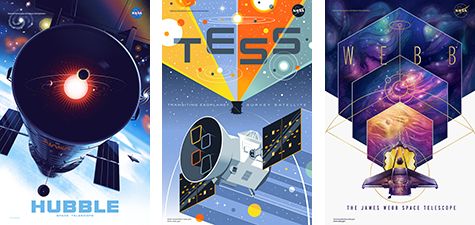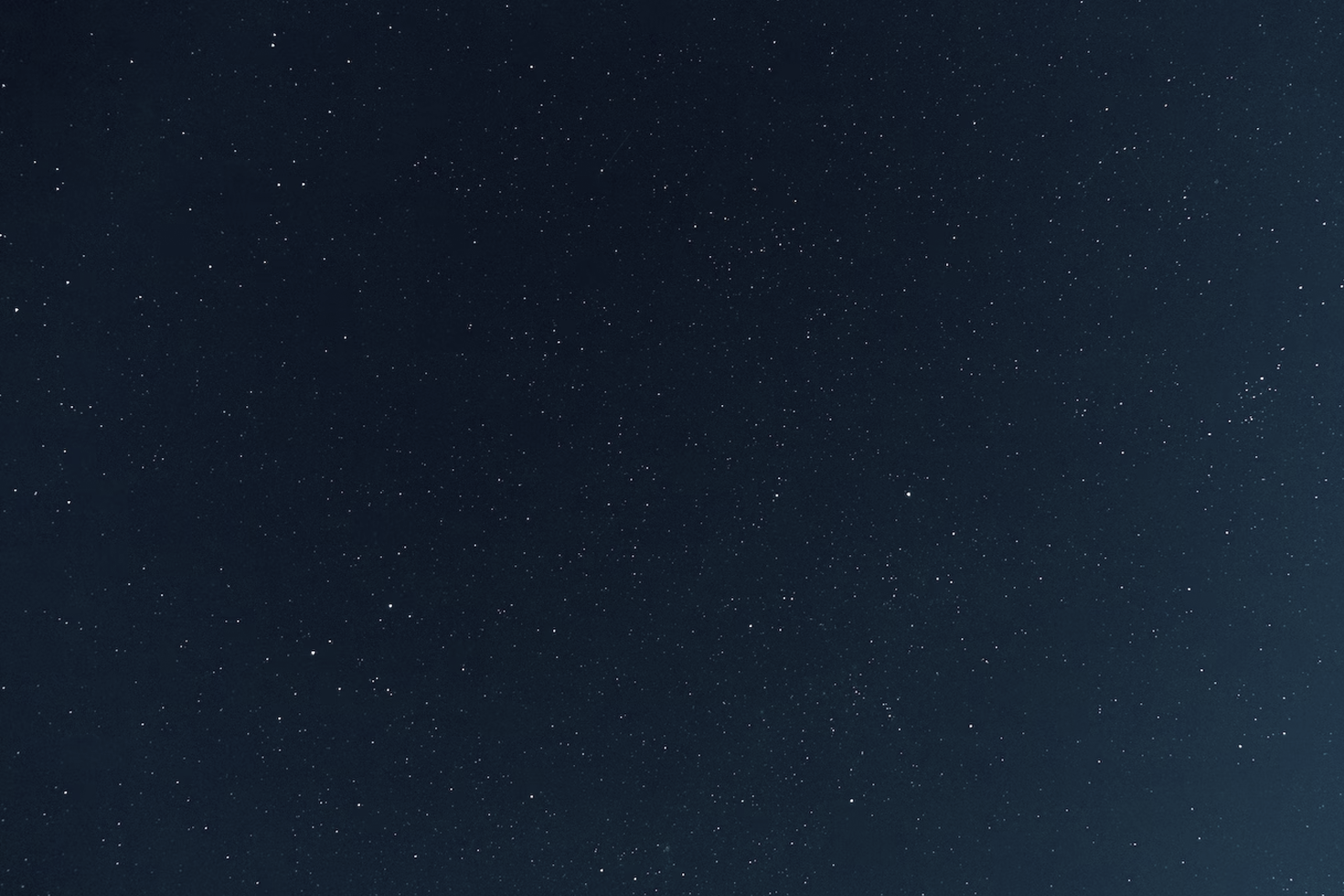
Mission Posters
Please check out these awesome mission posters for the Hubble Space Telescope, the Transiting Exoplanet Survey Satellite (TESS) and the James Webb Space Telescope missions.Featured Video
Celebrating 30 years in orbit, the Hubble Space Telescope has revealed astonishing secrets about our universe. Yet, while its most famous pictures may reveal galaxies and nebulas across the cosmos, it’s also unlocked secrets here in our own solar system.


